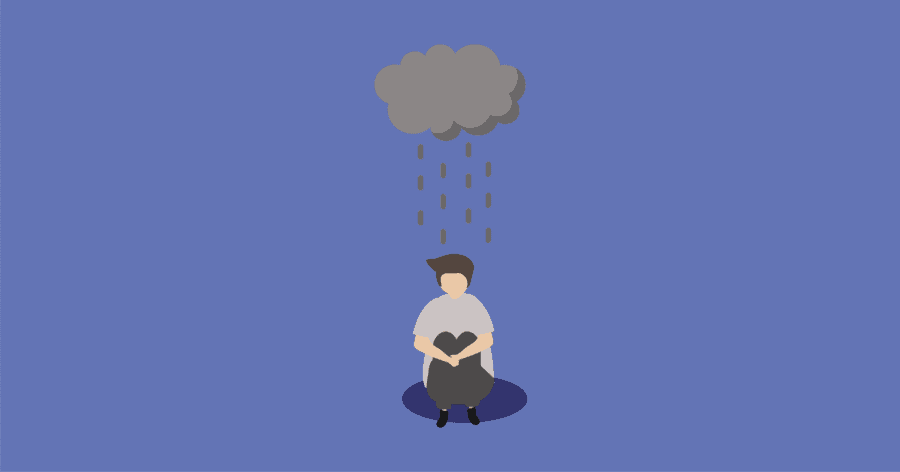Seasonal depression takes a toll on students
November 21, 2021
As cold weather returns along with earlier nights, some students are suffering from seasonal affective disorder, a type of depression related to the change of seasons commonly known as seasonal depression.
Seasonal affective disorder, which affects 10 million Americans, has symptoms which include feeling depressed most of the day, losing interest in activities, having low energy, problems sleeping and more.
“The temperature can affect our activity levels, how much we are out and about, and our engagement,” said Greg Vander Wal, executive director of the UA Counseling Center. “Our bodies run on a circadian rhythm that can be impacted by light, and if we are not having as much interaction with daylight during longer winter hours, that can also have an impact on people.”
Vander Wal said there are solutions for students feeling down from the weather, including thinking about their intentions, goals and positive acknowledgements. He suggested journaling, which can be an outlet for students.
Richard Scott, the chief meteorologist for WVUA23, said he notices that the cold impacts people’s emotions.
“The main issue most people complain about is being stuck inside,” Scott said. “When the days are cold, cloudy and often rainy, I want to stay inside and be warm.”
Since the cold weather peaks in January and February, there are only a few days scattered within those months that are “warm.” Those nicer days remind Scoot that spring is on the way. For now, though, colder days are yet to come.
“I can’t imagine living up north where the winter gloominess is longer and colder,” Scott said.
Ava Morelli, a freshman majoring in biology from Pennsylvania, said the weather in Tuscaloosa is warmer than what she is used to, but the cold still affects her mood negatively.
Morelli said her body feels worn out and exhausted since it gets darker earlier. She has noticed that a lot of her classes have low numbers and attendance, possibly because of the change in weather.
“I think that the weather makes students less motivated to go outside and walk to classes, especially when it’s windy, because all you want to do is stay inside where it’s warm,” Morelli said.
The weather can have an impact on people, some more than others, and Vander Wal said it is important for students to pay attention to what affects them personally. If students know that their mood will change due to the weather, then they should plan for that and prepare accordingly.
Questions? Email the Culture desk at [email protected].










![NEWS | Homecoming Week kicked off on Sunday with the Roll Tide Run and the Homecoming Kick-Off.
The Homecoming committee hosted a Roll Tide Run 5K that started from the Quad, went around the Student Recreation Center all the way down the row of fraternity houses, and then ended at the Student Center.
“My goal for Homecoming this year is to make sure that everybody feels welcome,” said Anthony Bellman, executive director of Homecoming. “I know a lot of our events are mainly focused towards fraternities [and] sororities, so I’ll open that up to the general student population.”
📸 CW / Braxton Bevis
🖊️ CW / J. Calister Clemons and Sujith Mareddy
Read the full story at the link in our bio.
#theuniversityofalabama #universityofalabama #alabama #uofa #ua #crimsontide #rolltide #tuscaloosa #tuscaloosaalabama #alabama #bama](https://thecrimsonwhite.com/wp-content/plugins/instagram-feed/img/placeholder.png)